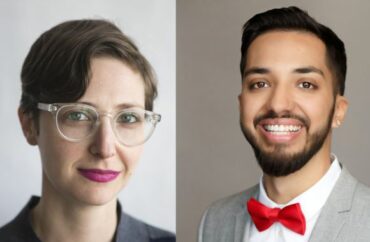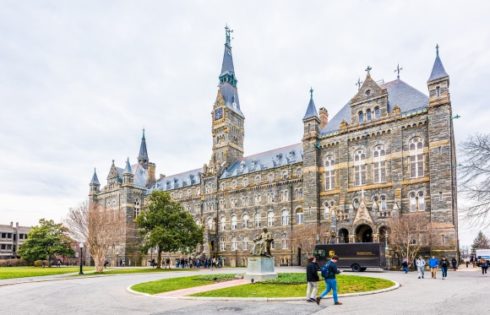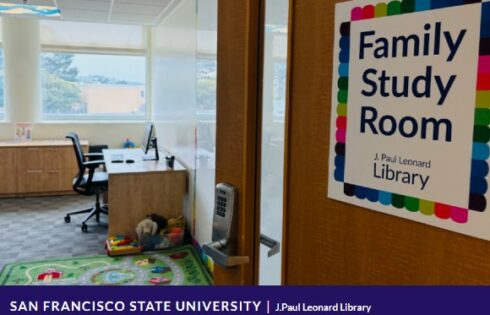
Provost’s office withdraws $200,000 in taxpayer dollars due to smaller budget
Indiana University’s “Center for Research on Race and Ethnicity” needs to come up with more than $200,000 to plug an impending hole in its budget.
The provost’s office recently announced it would no longer subsidize the small research center, removing about half of its total budget.
“The Provost will stop funding CRRES in the fall 2025 semester, citing the budget deficit in the College of Arts and Sciences as the reason why his office no longer has funds available to support the Center,” the center announced on Dec. 12. “U Research…has also stopped funding [the center].”
The cuts will lead to “substantially” less “programming” and the center will need to fundraise, according to the news release.
The former director questioned why, despite its “cutting edge research” the center was getting cut.
The center and its “post-doc program” is a “model” “in terms of our success in training and recruiting really promising faculty that are doing cutting edge research on race and ethnicity,” Dina Okamoto told the Indiana Daily Student. “So we’re doing all this good work, and yet our funding is getting cut.”
Some of the center’s funded “research briefs” looked at topics such as “masculinity, sexuality, and race” and “Latinx Ethnic Identity.”
Assistant Professor of Higher Education and Student Affairs Oscar Patrón (pictured, right) explored how “Notions of Masculinity Influence Interactions for Gay Latino Men in College” for the sexuality and race study.
He wrote his 2020 article while working as a postdoctoral fellow at the center.
“Latino men’s internalized understandings of masculinity may be exacerbated for those who are gay, as they simultaneously navigate heteronormative institutional contexts while coming to terms with their sexuality,” he wrote along with another author.
The center’s director, Sylvia Martinez, studied “ethnic identity” using a “LatCrit theoretical framework” according to her 2023 research brief.
“Minoritized students with strong racial/ethnic identities are probably the most likely to seek out culture centers, and participation at culture centers likely strengthens racial/ethnic identity,” she wrote in her study of Latino-centered places on campus.
Meanwhile, CRES Affiliate Faye Gleisser previously offered her insights on art and racism.
Gleisser (pictured, left) told an art magazine about “the impact of Black studies and the aesthetic theory of the Black radical tradition on her art historical methodology and pedagogy, and how it is shaping a new generation of scholars who are calling out white supremacist structures of knowledge and gatekeeping in the arts.”
Gender studies professor and faculty affiliate Stephanie Allen also told the center about her research on “black lesbians” in media, including film and literature.
“My current book project focuses on how Black lesbian literature and film reflects the material realities of Black lesbian lived experiences, as well as how they respond to and resist the whole patriarchal system that contributes to the invisibility of Black lesbians in popular culture,” she previously said.
Her publishing company, BLF Press (black, lesbian, feminist) also aims to “amplify Black, Indigenous, and queer women of color writers.”
MORE: ASU professor condemns ‘anti-trafficking’ movement
IMAGES: Indiana University
Like The College Fix on Facebook / Follow us on Twitter






Please join the conversation about our stories on Facebook, Twitter, Instagram, Reddit, MeWe, Rumble, Gab, Minds and Gettr.